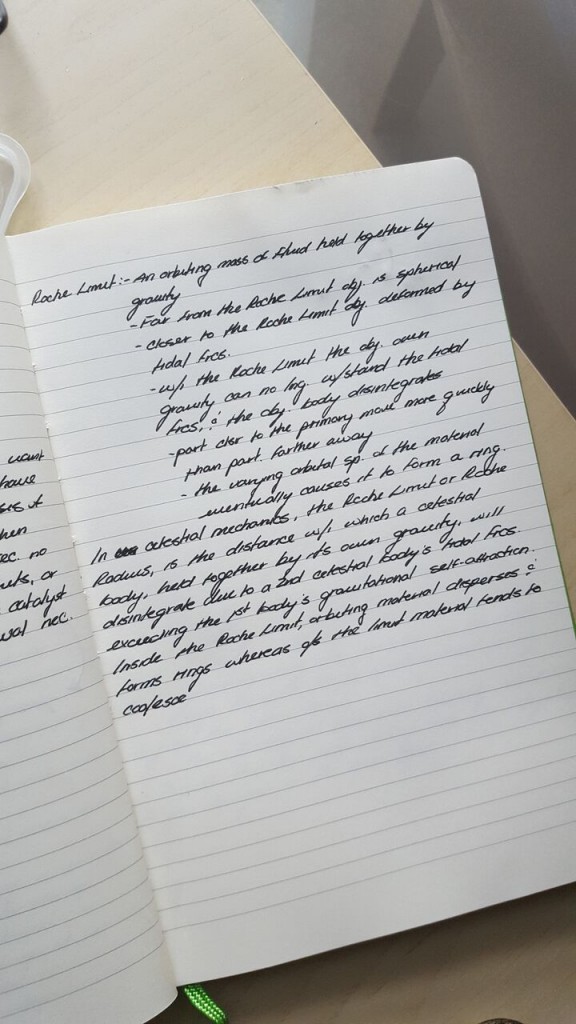
The significance of rice within Western and Eastern society
By Jason GokHo Ing, Contributor
It seems like rice has been around forever. This small crop has done wonders for our species, from advancing ancient civilizations to providing adequate nutrition to almost half the world’s population. One cannot underestimate the significance of this basic commodity. This single grain can be grown almost everywhere. Neither the arid deserts of Saudi Arabia nor the slopes of Nepalese mountains can stop the advancement of this carbohydrate.
One culture that relies greatly on rice is Japan. This dependence stems from the isolated landscape of this island nation. Many Japanese citizens had to depend on their own farming land to survive before the use of rapid transportation. Due to its low production cost, versatility, and ability to be grown year-round, the Japanese quickly embraced the cultivation of this crop. The grain is used in a plethora of dishes such as cakes and breads, and even is a key ingredient in Japanese vinegar. Rice vinegar was used as a means of preserving fish before the invention of modern refrigeration. However, this product is now used as a key ingredient for the world-renowned dish, sushi.
With such a large impact on the lives of everyday citizens, one must ask themselves if rice is beneficial or a detriment to our overall health. Many criticize the carbohydrate saying that it is nothing more than an empty starch. However, research has shown that even white rice is good for human digestion due to its lack of phytic acid. This is due to the fact that rice is milled, which removes any bran that is harmful to the human gut. Additionally, rice contains higher levels of magnesium than bread. One cup of brown rice contains 83.9 milligrams of magnesium in comparison to bread, which only contains 52.5 milligrams of magnesium per cup. These differences are significant, as magnesium helps produce DNA and lipids. Furthermore, magnesium is essential to the human body because it assists in balancing hormones and aids the communication of cells.
With over 4,000 years of storied history, rice has seemingly ingrained itself within human culture. Its absorption within numerous nations coupled by its stellar health benefits prove that without out a doubt that the art of rice cultivation is one of the greatest discoveries ever made by humans.

